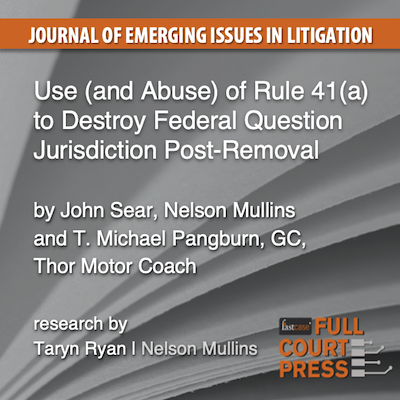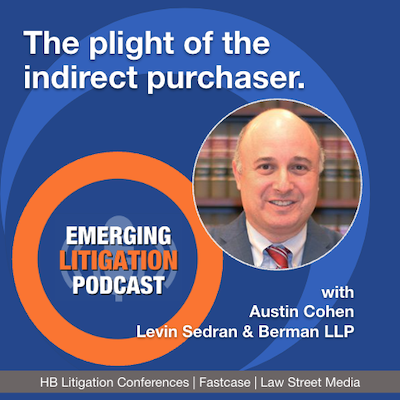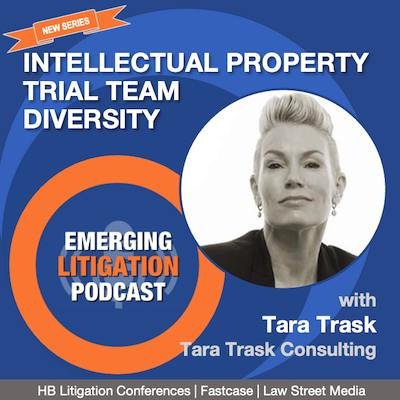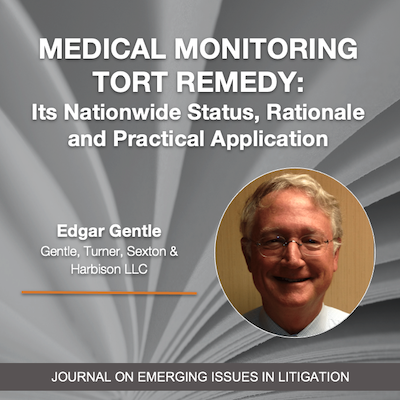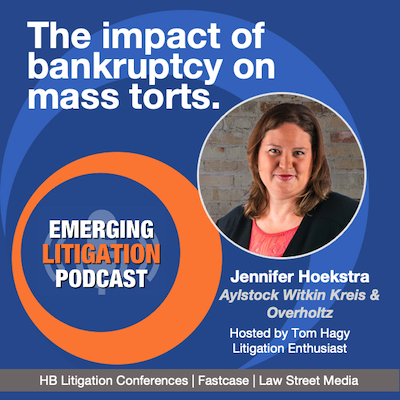Typically groups of individuals sue a company or companies for the same injury or damage, e.g., data breaches, product liability, environmental contamination, price fixing, etc.
The Medical Monitoring Tort Remedy
The medical monitoring tort remedy – allowing for medical monitoring without physical injury – is recognized in 14 states and not allowed in 23. The law is divided in two states while the rest have not specifically addressed the issue. States that allow medical monitoring to do so when a group of claimants is at increased risk of disease or injury due to exposure to a known hazardous substance or a dangerous product as the result of a defendant’s conduct. Under this tort remedy, claimants are tested periodically, for an agreed or decided period, usually between 10 and 40 years. In this CLE webinar, Gentle Turner & Benson LLC attorneys Edgar (“Ed”) C. Gentle III and Katherine (“Kip”) A. Benson discuss the evolution of the medical monitoring tort, related cases, tests to determine whether the tort should be applied, types of monitoring, and the arguments for an against medical monitoring.




